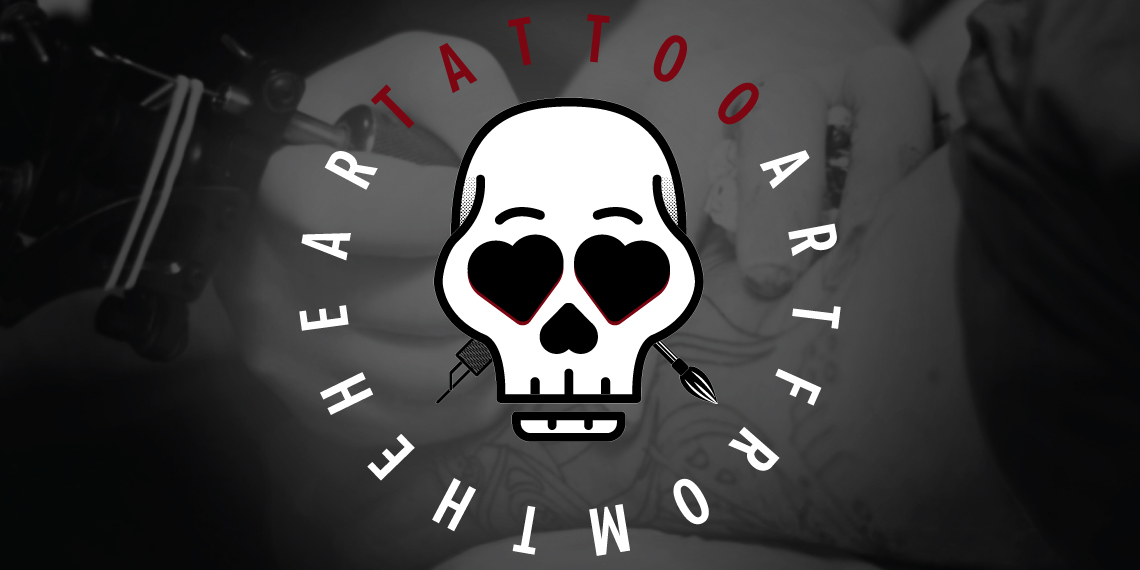What do you think? Is it true that Jewish people who have tattoos cannot be buried in a Jewish cemetery? Well, the answer, as is the case with a lot of such questions, is that it depends. There is no blanket prohibition on tattoos. Such prohibitions would prevent any survivors of Nazi concentration camps, whose arms were branded with a number, from residing in a Jewish cemetery.
The Jewish view of tattoos is more nuanced. It reflects the purposes of skin markings filled in ancient culture and the reverence with which we are to treat our bodies.
However, a prohibition of tattooing has been found in the Torah:
“You shall not make gashes in your flesh for the dead, or incise any marks on yourselves: I am the Lord.” – Leviticus 19:28
It is the second part of the verse from which the “rule” against tattooing is derived. From the outset, there is a disagreement about what precisely makes tattooing a prohibition act. The anonymous author of a Mishnah stated that it is the lasting, as well as the permanent nature of tattooing, that makes it a punishable act.
“If a man wrote [on his skin] pricked-in writing, he is not culpable unless he writes it and pricks it in with ink or eye-paint or anything that leaves a lasting mark.” – Mishnah Makkot 3:6
- Prohibition and its rationale.
Regardless of the limits of the prohibition, over time, the rabbis extended the ban to include all tattooing.
Nowadays, the prohibition against all forms of tattooing, regardless of their intentions, should be maintained. The fact that Judaism has a history of hatred for tattoos, tattoo art becomes even more disrespectful in a contemporary secular society which is continuously challenging the Jewish concept that we are all created B’tzelem Elokim, meaning in the image of God and that our bodies should be seen as a precious gift on loan from God, to be entrusted into our care and not personal property to do with as we choose. Voluntary tattooing, even if it was not done for idolatrous purposes, expresses negation of this fundamental Jewish perspective.
Because tattoos become more and more popular in modern society, there is the need to reinforce the prohibition against tattooing in our communities and counterbalance it with education regarding the concept of which we created the image of God.
But, distasteful we may find that the practice there is not the basis for restricting burial to the Jews who violate this prohibition or even limiting their participation in synagogue ritual. The fact that someone may have violated the laws of Shabbat would merit such situations; the prohibition against tattooing is no worse. It is just because of the permanent nature of the tattoo that the transgression can still be visible.
Nonetheless, the Torah is eternal, and the prohibition against tattooing included too. So, with this is kept in mind, here are several reasons why not to get a tattoo:
- Historically, the slave-owners tattooed their slaves to prove ownership, just like cowboys branded their cattle. Maybe that was the reason that the depraved Nazi tattooed human beings at Auschwitz. Additionally, to the practical solution which enabled them to keep track of prisoners, it also served to dehumanize their victims and strip them of their unique identity. The formerly-free individual has now been nothing more than a number, mere property of the Reich. As we are human beings, we have the desire to feel free, and we want the innate sense of uniqueness. Tattooing our bodies do not reflect that ideal.
- Jews believe that the human body is the creation of God, and because of that, it is unbefitting to mutilate the handiwork of God.
- Every life is given to people for a specific purpose, and our time is supposed to be utilized in order to accomplish our unique mission. Similar to this, our body is on loan from our creator to fulfill our job with it. Self-inflicted gashes, excessive body piercing, or tattoos, all bespeak a lack of reverence and respect for the body, and therefore, for the true owner and designer of the body. Tattooing of the body can be compared to etching a name into the freshly-poured cement onto someone. It is defacing property that doesn’t belong to us.
- Tattoos usually have just momentary relevance. Still, the mark is permanent. It is not probable that you are going to tattoo your phone number, regardless of how hard a time you have remembered it. You are aware that it is temporary and not something you would like to be permanently connected with. This is true for any other type of tattoo.
- In ancient times, it has been customary for idol-worshippers to tattoo themselves as a sign of commitment to their deity. Maimonides offers this as one of the likely reasons why the Torah bans tattoos.
Some cultures and religions draw a strong distinction between the body and the soul. For example, Christian thinkers refer to the division between the flesh and the spirit. Particularly the apostle Paul tends to view the flesh as wicked, as well as the spirit as pure.
The Jewish tradition doesn’t draw a sharp distinction between them. They actually depend on one another, and they can do good or evil. Jewish spirituality’s purpose is to cultivate the good in both. However, the body is sacred and should not be married unnecessarily.
So, a tattoo will not serve the purpose of devoting the body to sacred service. Rather, just like drinking and smoking, it involves some unnecessary dangers, like harming your skin and causing infections.
As we could realize, none of the perspectives connect getting tattoos with denial of admission to a Jewish cemetery. While the Jewish tradition does not encourage going out and get inked, it is too wondrous and nuanced to say that they are a matter of life and death.






